The UAB Heersink School of Medicine Office of Research introduces new faculty for Spring and Summer 2022. Please join Heersink School of Medicine and the Office of Research in welcoming these new faculty.
Manuel Rosa-Garrido, Ph.D., joined the Department of Biomedical Engineering as an Assistant Professor on June 1. Manuel Rosa-Garrido comes to UAB from the Department of Anesthesiology at the David Geffen School of Medicine at the University of California, Los Angeles. His research focuses on investigating temporal aspects of epigenetic remodeling to examine how the coordination of chromatin accessibility, DNA methylation, and high-order chromatin structure mediate pathological gene expression during hypertrophy and heart failure and testing the deployment of targeted chromatin structural remodeling as a new therapy to prevent or reverse cardiac disease. Tapan Mehta, Ph.D., joined the Department of Family and Community Medicine on April 1, as a Professor and the department’s inaugural Vice Chair of Research, continuing a nearly 20-year career at UAB. Mehta’s background includes degrees in engineering and biostatistics. Mehta has a strong publication record with more than 50 peer-reviewed articles including several first-author articles. He has published in highly competitive journals such as JAMA, PLOS Med, New England Journal of Medicine, and Obesity Reviews. He has served on several national society committees such as the Finance Committee and Public Affairs Committee of The Obesity Society. At UAB, he has also participated in shared governance, serving as the chair of the Faculty Senate Research Committee and the University-wide Budget Allocation Committee. In his research, he works to build systems and utilize data to improve patient outcomes and help primary care providers address important needs in Alabama and beyond. Mehta’s research projects range from large randomized controlled trials related to telehealth to the analysis of large existing data sets, and his research interests span clinical, epidemiological, and health services related to topics including obesity, cardiometabolic conditions, disability, and rehabilitation. Javier Neyra, M.D., joined the Department of Medicine, Division of Nephrology as an Associate Professor on April 1. Neyra is the first clinical investigator to be recruited to the newly established Section of Mineral Metabolism in the Division of Nephrology. He is a native of Lima, Peru, and completed his medical school at the Universidad Peruana Cayetano in Peru. He completed his internship and residency at Henry Ford Hospital, followed by a nephrology fellowship at the University of Texas Southwestern. Following his nephrology fellowship, he completed a Clinical and Translational Science Research Fellowship while completing his Master of Clinical Science. In 2016, he was recruited to the University of Kentucky as an Assistant Professor. As Director of Critical Care Nephrology, he will oversee the development of programs to optimize AKI care post-discharge and expand research as it relates to the critical care nephrology program. He also investigates early detection and risk- stratification of AKI, mechanisms of AKI recovery, and Klotho biology. He has a significant history of extramural grant funding and excellence in research. Julienne L. Carstens, Ph.D., joined the Department of Medicine, Division of Hematology and Oncology as an Assistant Professor on May 1. She completed her postdoctoral fellowship in Raghu Kalluri, M.D., Ph.D.’s lab at the MD Anderson Cancer Center in Houston, Texas. Her research in the Department of Cancer Biology is focused on understanding tumor biology to develop translational targets for pancreatic cancer. Carstens has an excellent publication history in top-tier journals with her work related to the fibrotic and immune tumor microenvironment and metastatic progression of cancer, as well as experience in mentoring. She was recruited jointly by the division and the O’Neal Comprehensive Cancer Center. Her lab space is in the Wallace Tumor Institute. Peter Morris, M.D., joined the Department of Medicine, Division of Pulmonary, Allergy, and Critical Care Medicine as a Professor of Medicine on May 1. Morris earned an M.D., from the Cornell School of Medicine in New York and completed his residency at Vanderbilt University School of Medicine in Nashville, Tennessee. His residency was followed by a fellowship in Pulmonary and Critical Care Medicine at Vanderbilt University Medical Center in Nashville. Before he arrived at UK Healthcare, Morris served as the Inaugural Director of the Critical Illness and Injury Research Center at Wake Forest. Morris has been involved in ICU Clinical Trial design and administration for over 20 years and has been the first author on several single- and multi-center studies regarding ARDS, sepsis, and early ICU rehabilitation. Funding sources for early ICU rehabilitation have been the NIH's National Institute of Nursing Research and the National Heart Lung and Blood Institute, the U.S. Department of Defense, and the Claude D. Pepper Older American Independence Centers (OAICS). Morris has also served as a member of the FDA's Pulmonary and Allergy Advisory Committee and was a Co-editor of the American Journal of Critical Care. He is active in early ICU Rehabilitation research. Shah Hussain, Ph.D., joined the Department of Medicine, Division of Pulmonary, Allergy, and Critical Care Medicine as an Instructor of Medicine on April 1. Hussain received his M.S. degree from Jamia Millia Islamia University in 2009 and his M.Phil., from the University of Delhi in 2011. He completed his Ph.D. at the University of Delhi in 2017. His postdoctoral training at Florida International University involved studying the role of Long Noncoding RNA in Allergic Asthma Associated Hyperreactive Response of Airway Epithelial Cells. He was most recently a post-doctoral fellow in Dr. Steve Rowe’s lab. Hussain’s research interests are grounded in the study of respiratory infectious disease, cutting-edge discoveries in airway disease biology, and ciliary dynamics. He has developed a novel technique that enables micro-CT imaging of the smallest airways in ferret lungs, paving the path for a new understanding of progressive airway loss in diseases with small airways involvement including COPD, CF, and IPF. Using this novel method, he aims to understand the complex disease mechanisms that have been repeatedly documented in human specimens, but for which mechanistic understanding is lacking. Pooja Singh, Ph.D., joined the Department of Medicine, Division of Pulmonary, Allergy, and Critical Care Medicine as an Instructor of Medicine on April 1. Singh is a molecular biologist and worked as a research associate and senior research fellow while earning her Ph.D. in medical microbiology from the University of Delhi in 2017. She spent three years as a postdoctoral fellow at Rutgers University studying immunological response during infections, specifically adjunct host-directed therapy of latent tuberculosis. She came to UAB in 2020 in a postdoctoral fellowship role and will continue her investigations on the effect of environmental heavy metal exposures on lung health as an Instructor. Her current appointment is in the NIEHS-funded Superfund Research Center at UAB. Her research focuses on mechanisms of environmental pollutant-induced lung injury and mucus accumulation in respiratory diseases. Kristie Cummings, Ph.D., joined the Department of Neurobiology as an Assistant Professor on June 1. Cummings graduated from Binghamton University, the State University of New York with two degrees—a Bachelor of Arts in Music and a Bachelor of Science in Cell and Molecular Biology. She earned her Ph.D., at the University at Buffalo, the State University of New York in Biophysics, where she was mentored by Gabriela K. Popescu, Ph.D. She completed her post-doctoral training at the Icahn School of Medicine at Mount Sinai under Roger L. Clem, Ph.D. The long-term goal of her laboratory is to reveal the cell and circuit mechanisms by which memory encoding is orchestrated across distinct subregions of mPFC. Her research program will uniquely examine mPFC as a whole and afford important insights about memory encoding at the level of individual cells, micro circuitry, and interconnectivity across subregions. Her expertise in probing neural circuits on numerous levels using innovative multidisciplinary approaches sets her apart in the field. Sofia Beas, Ph.D., joined the Department of Neurobiology as an Assistant Professor on June 1. Beas graduated in psychology with a minor in Biology from the University of Texas at El Paso. She earned her doctorate from the University of Florida’s Department of Neuroscience. Later, she trained at the Department of Psychology, Behavioral and Cellular Neuroscience at Texas A&M University. She has been a postdoctoral fellow at the National Institute of Mental Health. Beas’ research program focuses on elucidating the neuronal processes that guide behavioral choices. She will address the impairments in the directional and activation motivation drives by combining her expertise in behavior, use of transgenic mice, viral tools, calcium imaging, pharmacology, and optogenetics and will use these tools to investigate the contribution of genetically-defined thalamo-striatal pathways in mediating motivational drive. Gena Dunivan, M.D., FACOG, FACS, joined the Department of Obstetrics and Gynecology as Professor on May 1. Dunivan’s major research interests include clinical trials and qualitative research into patient-centered outcomes and health care disparities especially related to pelvic floor disorders and access to care. Additionally, her work in healthcare disparities also shaped her interest in patient-provider communication and patient understanding. Valeria Dal Zotto, M.D., joined the Department of Pathology as an Assistant Professor on June 1. Zotto was born and raised in Argentina. After her medical school, she completed her residency program in Anatomic Pathology at the Hospital de Clinicas Jose de San Martin at the University of Buenos Aires, followed by a two-year fellowship in Surgical Pathology at the Sanatorio Mater Dei. Before coming to UAB, Dal Zotto completed an AP/CP Pathology residency at the University of South Alabama in Mobile, AL. Following that, she finished a Surgical Pathology fellowship at Mayo Clinic, Rochester, MN, and went back to work as an Assistant Professor at the University of South Alabama until 2021 and then moved to North Carolina where she worked as an Assistant Professor at East Carolina University. Steve Lim, Ph.D., joined the Department of Pathology as an Assistant Professor on April 1. Lim received his B.S., and M.S., from Seoul National University in South Korea, and then his Ph.D., from the Department of Cell Biology at UAB. After his graduate work, he moved to the University of California, San Diego, and completed his postdoctoral training in the laboratory of Dr. David Schlaepfer at the Scripps Research Institute and UCSD Moores Cancer Center. In January 2012, he started his Assistant Professor position at the University of South Alabama where he was promoted to Associate Professor with tenure. In April 2022, he moved to the Department of Pathology, Division of Molecular Cellular Pathology at UAB. Lim’s research is focused on elucidating the underlying mechanisms of how an altered extracellular environment influences intracellular signaling in various human diseases including atherosclerosis and cancer. William Marsiglia, Ph.D., joined the Department of Pharmacology and Toxicology as an Assistant Professor on April 30. William received his B.S., in Biochemistry at Binghamton University, and his Ph.D., from the Department of Chemistry at New York University. His postdoctoral training focused on structural biology and pharmacology. His lab provides a multidisciplinary training environment for students and postdocs where they may learn how to both develop compounds and study them in biological systems. His current focus is understanding the molecular underpinnings of cancer that alter the balance of signal transduction networks, and subsequently design drugs utilizing that knowledge. He is also an inventor of two patents describing assays and small molecule inhibitors that target the MEK-KSR interface. His lab develops NanoBRET-based assays to profile novel small molecule inhibitors targeting AKT-binding partner complexes, and structural characterization of those interactions. Stacy T. Tanaka, M.D., joined the Department of Urology as Professor on April 1. Tanaka is a Professor and Chief of Pediatric Urology at UAB and Children’s of Alabama. She serves on the editorial board for the AUA Update Series and as Assistant Editor for the pediatric section of the Journal of Urology. Her research interests include neuropathic and non-neuropathic bladder dysfunction. She is the scientific vice-chair for the CDC Spina Bifida Urologic Protocol for Infants and Children.
Manuel Rosa-Garrido, Ph.D., Department of Biomedical Engineering
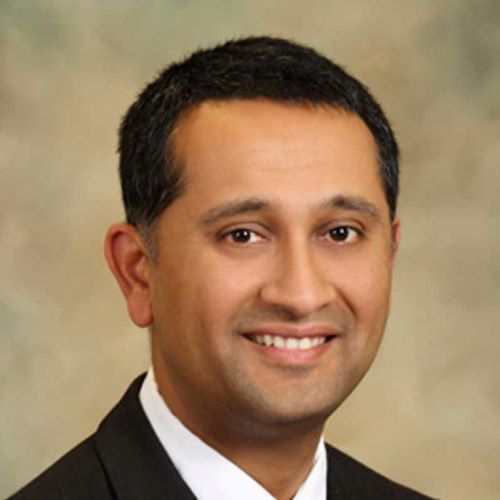
Tapan Mehta, Ph.D., M.S., Department of Family and Community Medicine
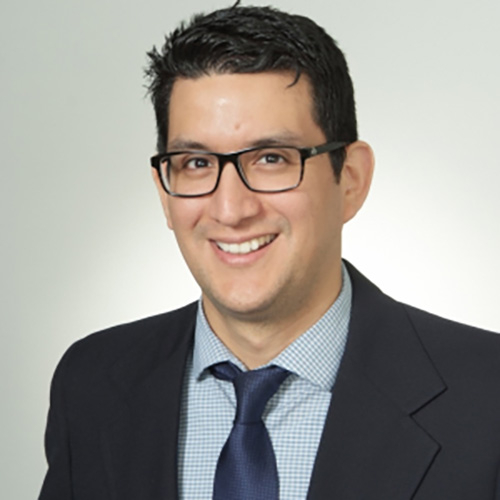
Javier Neyra, M.D., Department of Medicine
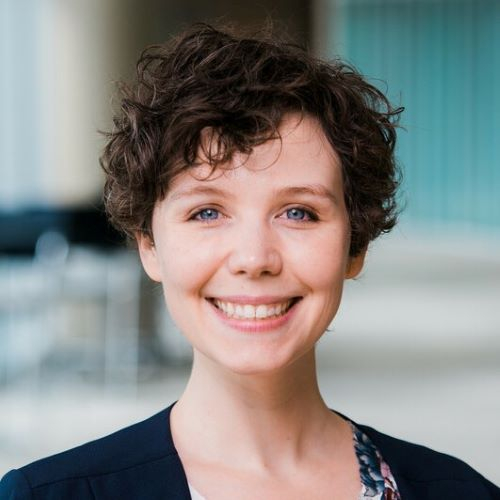
Julienne (Julie) Carstens, Ph.D., Department of Medicine
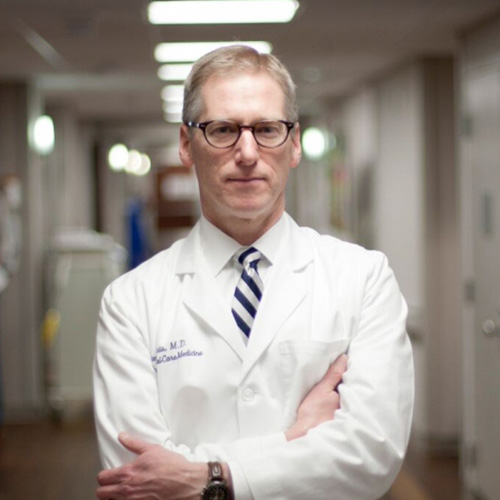
Peter Morris, M.D., Department of Medicine
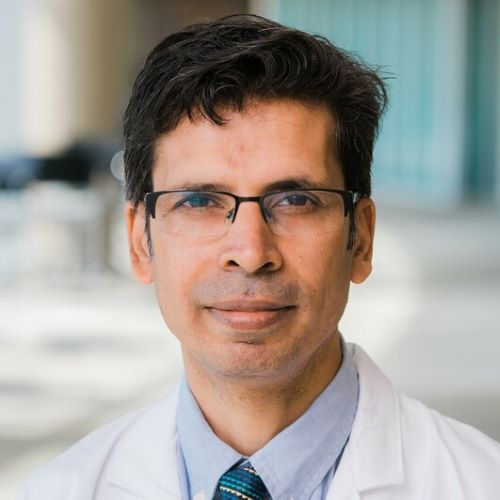
Shah Hussain, Ph.D., Department of Medicine
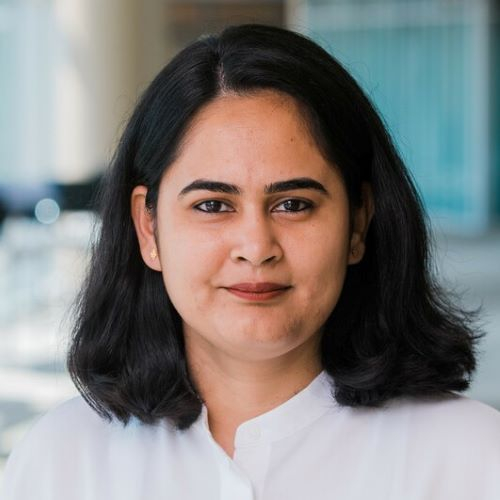
Pooja Singh, Ph.D., Department of Medicine
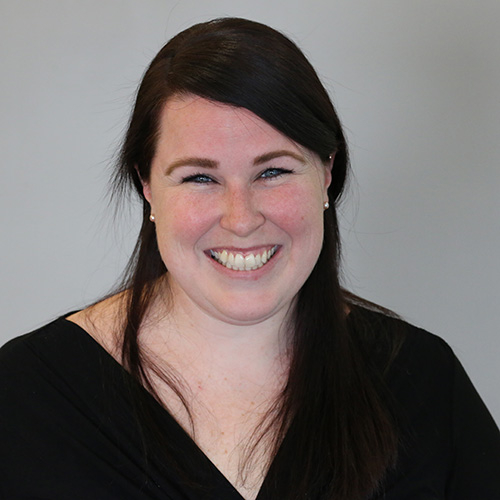
Kirstie Cummings, Ph.D., Department of Neurobiology
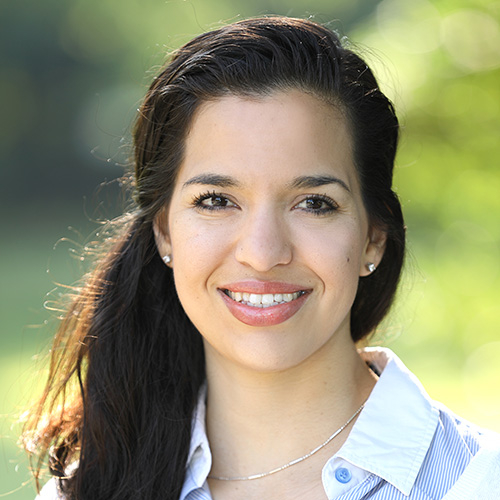
Sofia Beas, Ph.D., Department of Neurobiology

Gena Dunivan, M.D., FACOG, FACS, Department of Obstetrics and Gynecology
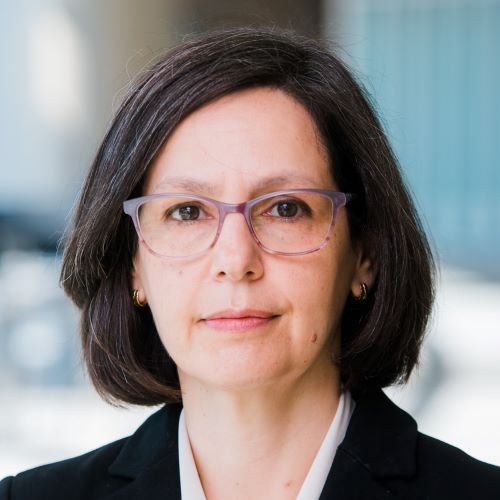
Valeria Dal Zotto, M.D., Department of Pathology
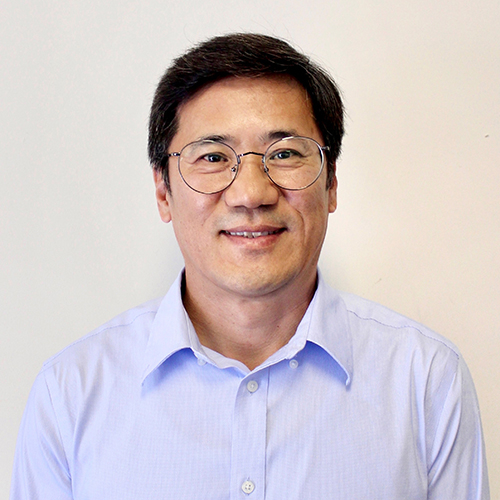
Steve Lim, Ph.D., Department of Pathology
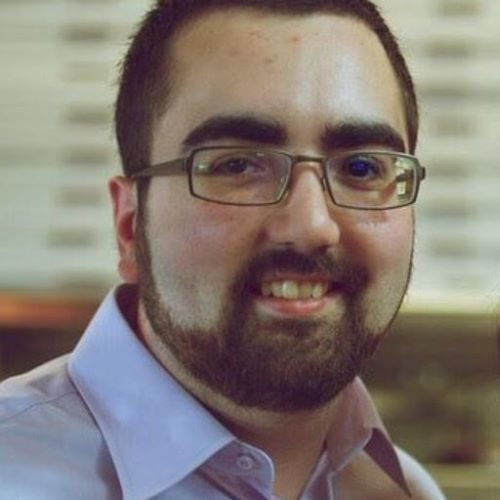
William Marsiglia, Ph.D., Department of Pharmacology and Toxicology
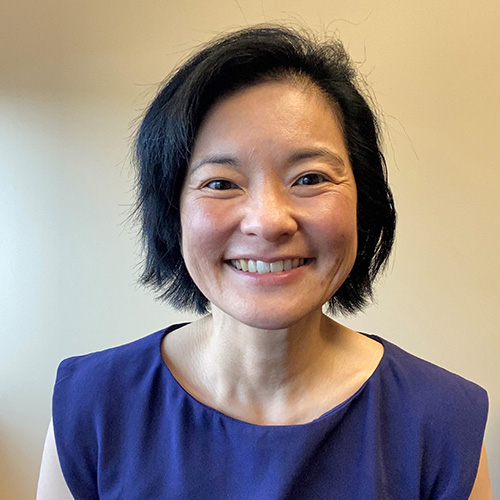
Stacy T. Tanaka, M.D., Department of Urology